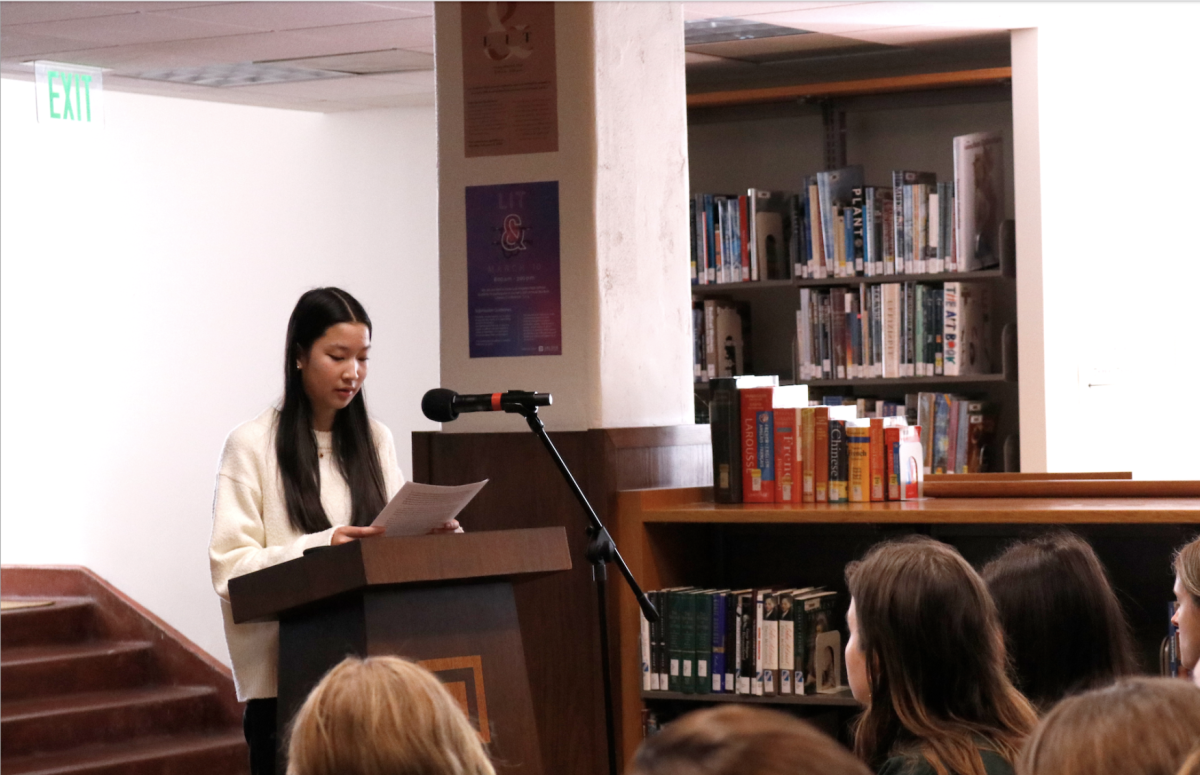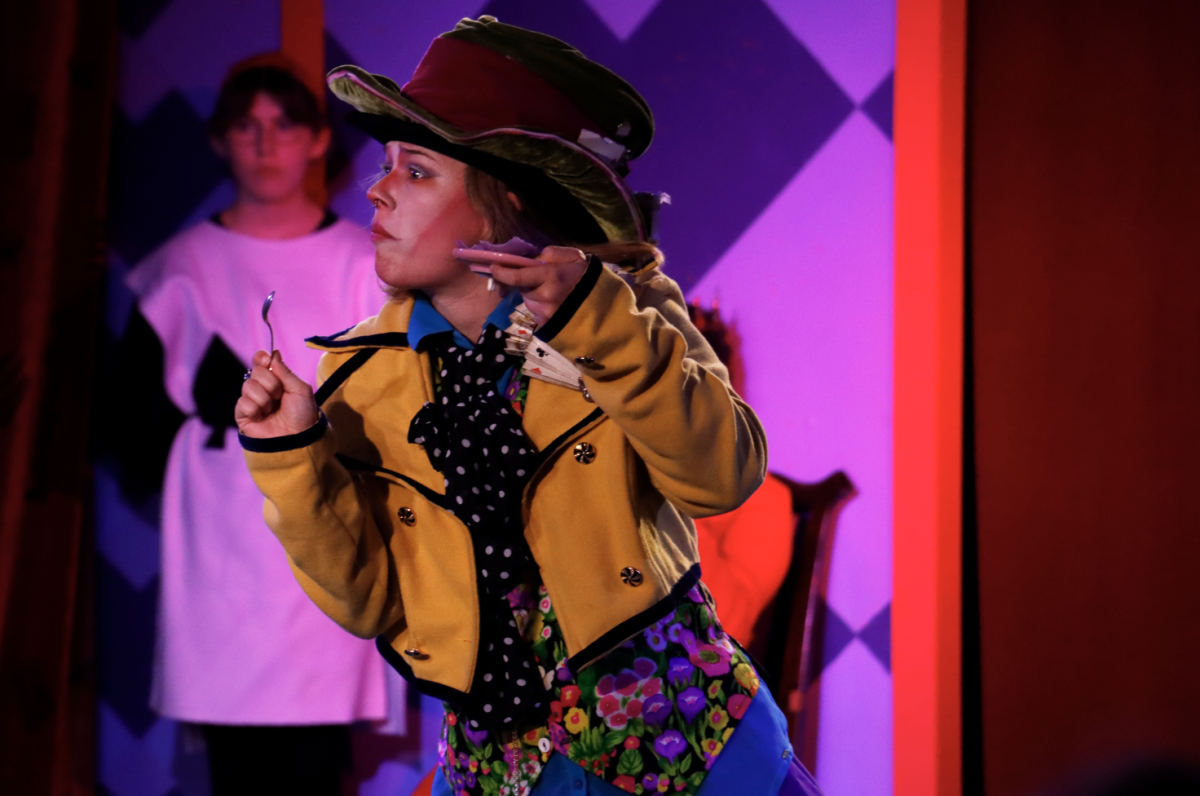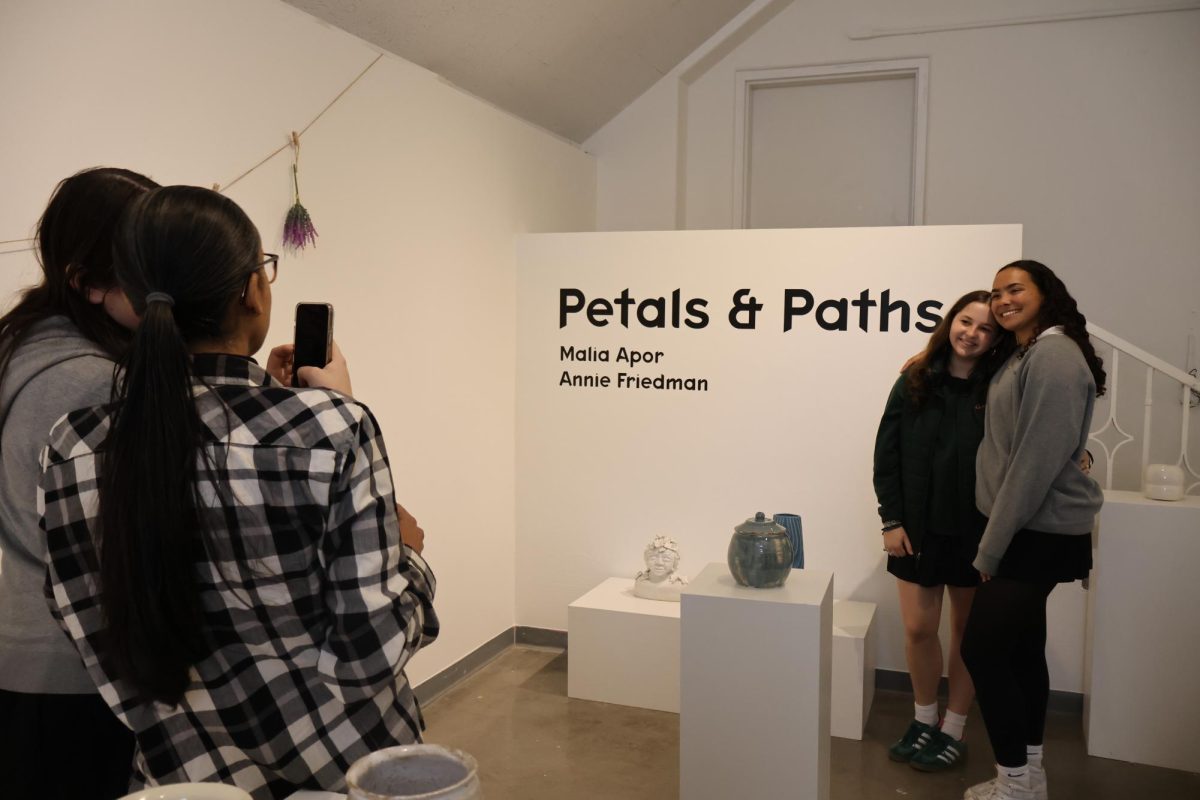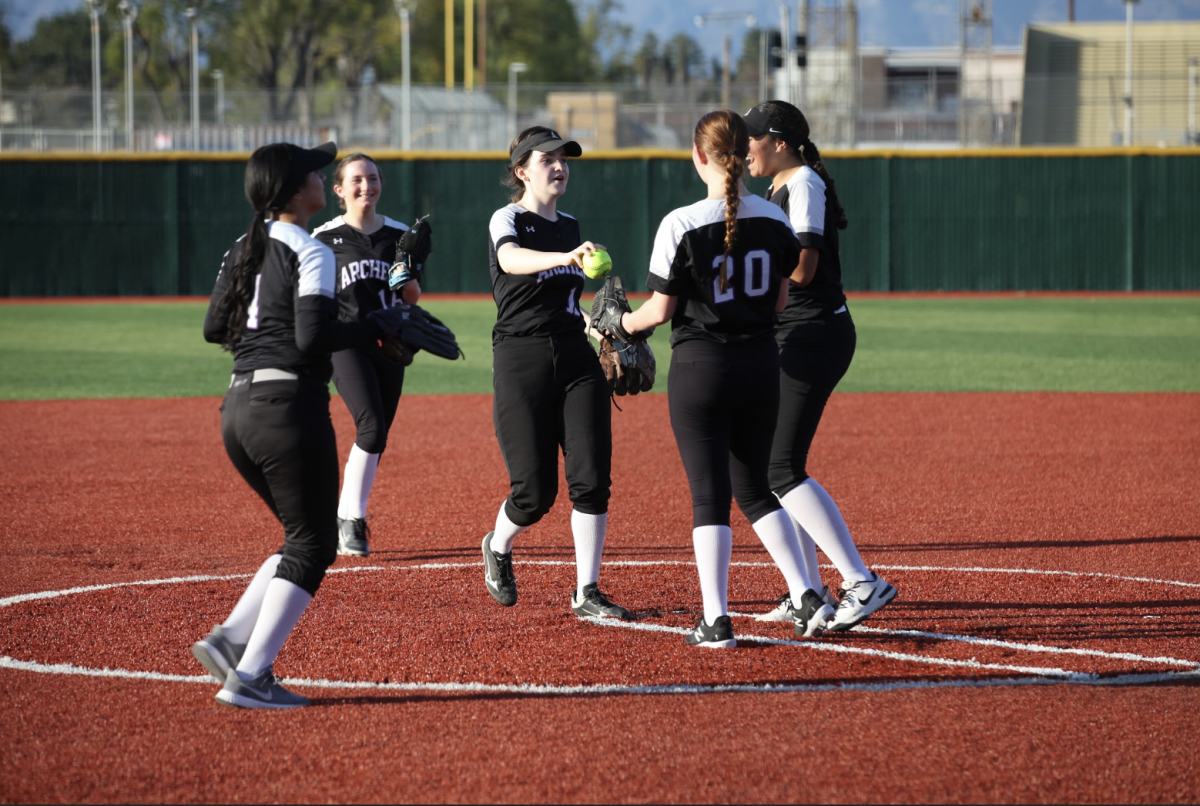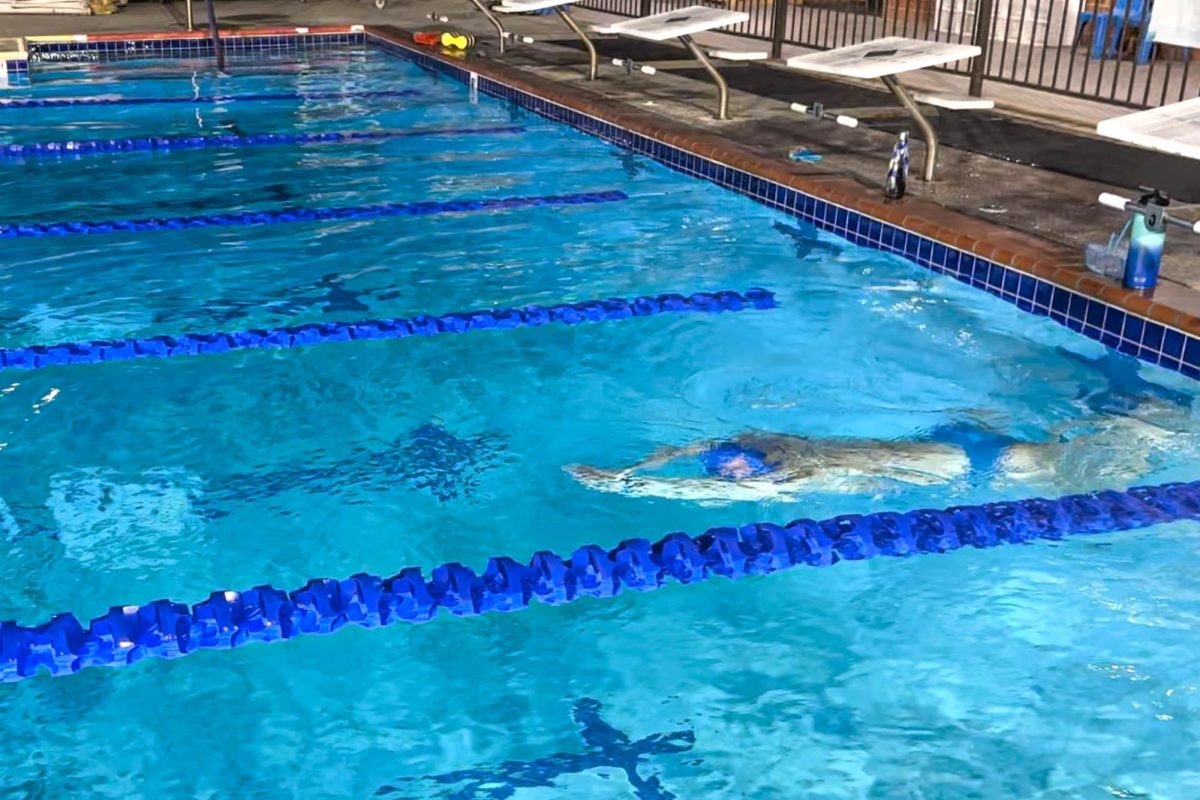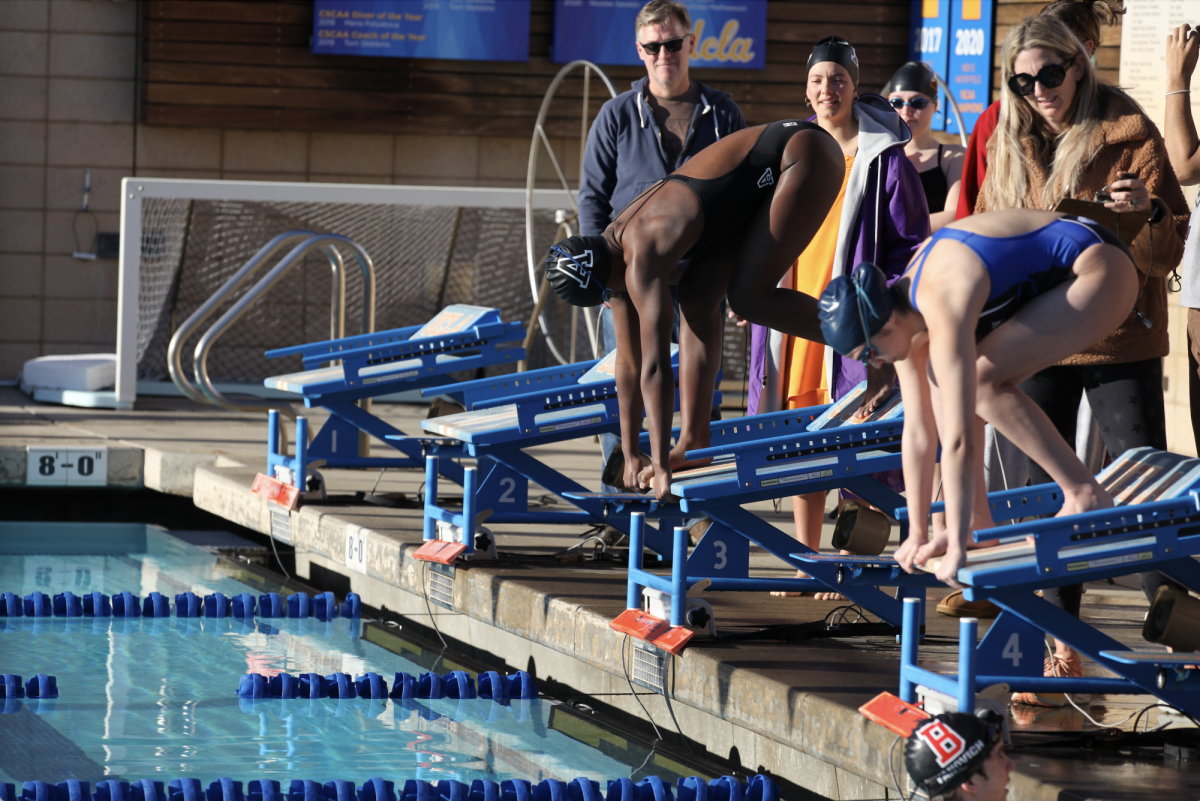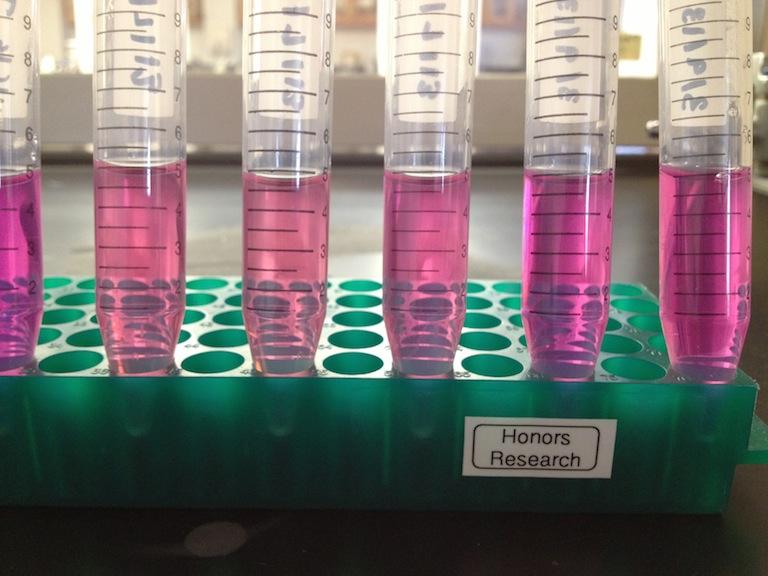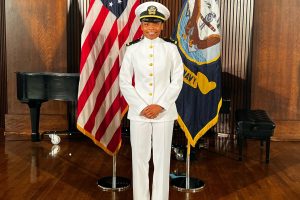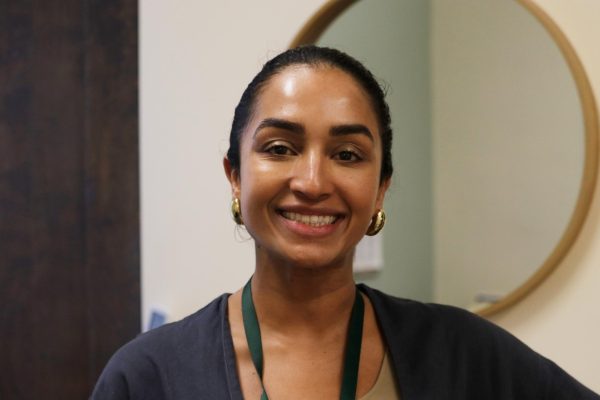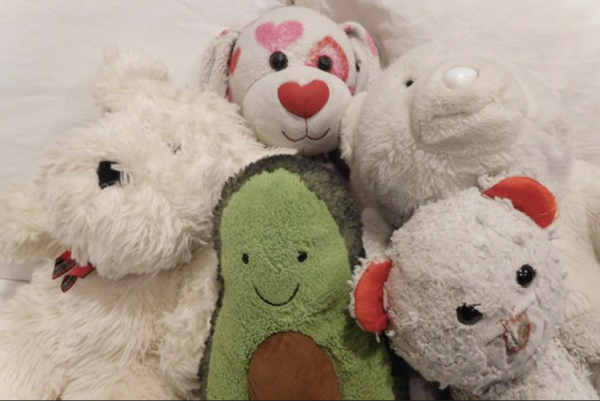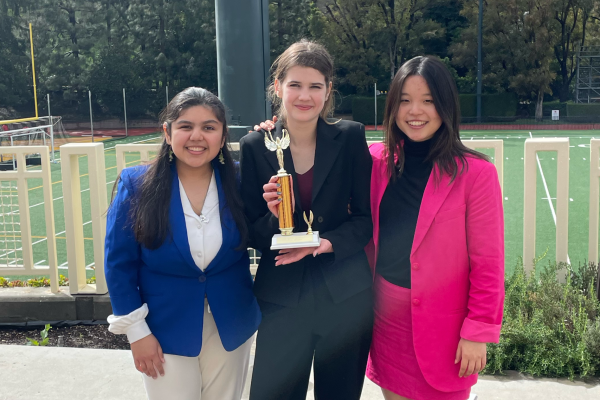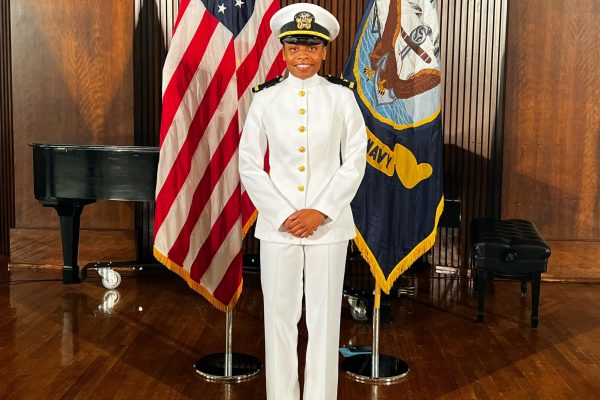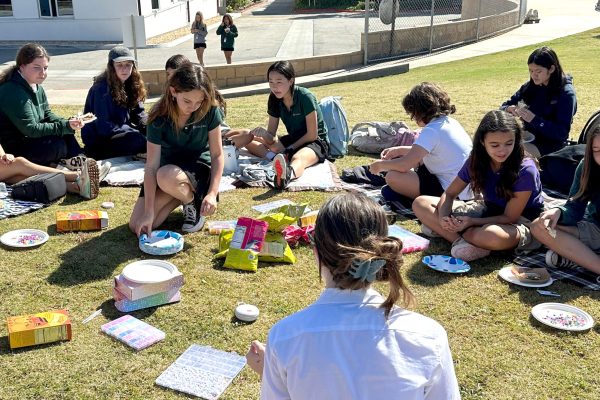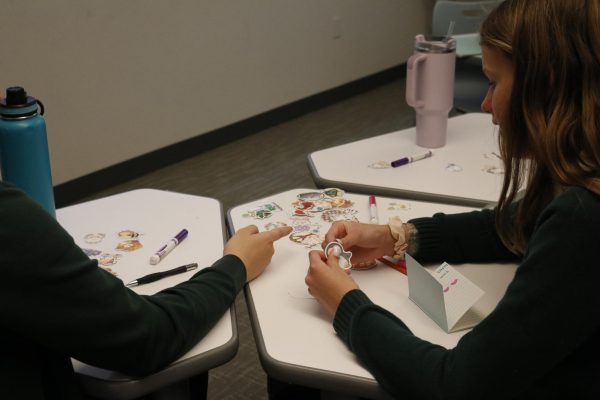Students Conduct Groundbreaking Research
March 20, 2013
For the past two years Archer has offered an innovative science course that allows students to design and conduct original scientific research. The class, which is offered to juniors and seniors, spends the first semester learning basic laboratory procedures and designing independent research projects, and the second semester conducting experiments.The course culminates with the students delivering oral presentations of their projects at the Student STEM Symposium at Archer on May 4th.
In past years, a similar course allowed motivated students to be paired up with a professional mentor in the scientific community and conduct research in their laboratory. Because “the course required students to do research in the city, work during their summer vacation and spend up to 10 hours a week in the lab during the school year, in addition to using class time to understand their topics, never more than 6 girls participated,” said Ms. Sonderleiter, the head of the STEM program.
Thanks to a several generous grants to the science department, the school was able to purchase the equipment necessary to establish an on campus lab, equipped for student research. Twenty-four juniors and seniors are currently enrolled in the two sections of the course and are in the process of conducting their research in varying fields, including breast cancer, malaria and acne treatment. The classes are co-taught by Ms. Shohfi and Ms. Sonderleiter.
Each project requires an ideal test organism. In addition to the more commonly used fruit fly, yeast and C. elegan (a type of worm only visible under a microscope), students are also testing on different strains of bacteria, ladybugs and human cell cultures. After students conduct their trials and quantify their data, they will be required to write a scientific paper and article documenting their work and findings.
Joy Taira (‘14), a junior currently testing the effects of an enzyme found in fermented soybeans on the lifespan and fat content in C. elegans, says the course has taught her “to be an independent ‘scientist’ [because the class] requires students to be ambitious and passionate about the topic they choose.” Tiara also says that she has “grown quite a bit as a student and thoroughly enjoys [herself] in the class.” Leila Taleghani (‘14), also a junior, relishes the “challenging atmosphere the class creates, which allows students to excel while delving in depth into their area of interest”.
It is safe to say this unique course is quickly becoming a favorite in the Upper School.




![Freshman Milan Earl and sophomore Lucy Kaplan sit with their grandparents at Archer’s annual Grandparents and Special Friends Day Friday, March 15. The event took place over three 75-minute sessions. “[I hope my grandparents] gain an understanding about what I do, Kaplan said, because I know they ask a lot of questions and can sort of see what I do in school and what the experience is like to be here.](https://archeroracle.org/wp-content/uploads/2024/03/grandparents-day-option-2-1200x800.jpg)
